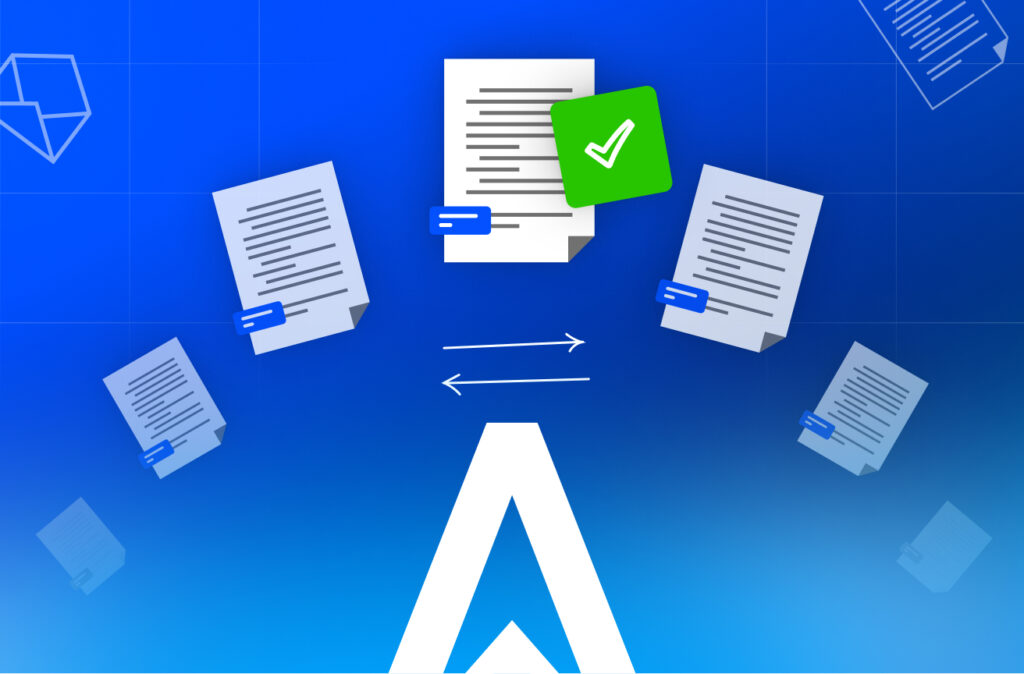How ERP Creates a Culture of Continuous Learning

In today’s fast-changing business world, employees need to keep learning and adapting just to stay ahead. Falling behind isn’t an option—especially in industries driven by technology and innovation. That’s why an ERP system for IT businesses is more than just a tool for managing workflows; it’s a powerful way to build a company culture that prioritizes growth and development. By organizing learning resources, automating training, and providing real-time insights, ERP helps employees access the knowledge they need exactly when they need it.
Why Continuous Learning is Essential
Training isn’t something that happens once and gets checked off a list. It’s an ongoing process that keeps employees engaged, sharp, and ready for new challenges. Companies that prioritize learning don’t just see better performance—they also retain top talent, foster innovation, and stay ahead of competitors.
The problem? Without a structured approach, training can become messy, inconsistent, and, worst of all, ineffective. Many traditional training programs use outdated content, lack real-time progress tracking, and pull employees away from their daily tasks for long, unproductive hours.
This is where ERP makes a real difference. Instead of forcing employees to step away for training, ERP integrates learning directly into daily tasks. Employees can access training modules, get automated skill development reminders, and track their progress—all from the same system they already use for work.
Automating Training and Skill Development with ERP
One of the biggest advantages of ERP in training is automation. Instead of relying on managers to assign courses and follow up on progress, the system takes care of it. This not only saves time but also ensures that learning opportunities don’t slip through the cracks.
Take a company using ERP for HR departments as an example. Instead of manually assigning training to new hires, HR can set up automated learning paths tailored to different roles. A software developer might receive coding workshops, cybersecurity training, and compliance courses. A marketing manager, on the other hand, might get modules on campaign analytics, lead generation, and the latest digital trends.
This automation ensures employees get the right training at the right time, allowing HR to focus on bigger priorities instead of constant supervision.
Tracking Employee Progress and Learning Outcomes
A major challenge in corporate training is determining its real impact.
Are employees really learning new skills? Is training making a measurable impact on performance?
With an ERP system, businesses can track training engagement, course completion rates, and even assessment results in real time. For companies focused on performance, ERP employee tracking in IT companies provides a clear view of who’s actively improving their skills and who might need extra support.
This data-driven approach does more than just highlight individual progress—it helps companies spot patterns, identify high-potential employees, and refine their training strategies to maximize results.
Integrating Learning into Everyday Workflows
One of the most effective ways to promote continuous learning is to make it a natural part of daily work. Instead of treating training as a separate task, ERP systems integrate learning modules directly into the software employees already use.
For instance, a project manager working with task and project management software might get a pop-up recommendation for a short course on improving workflow efficiency. A sales representative could receive an interactive guide on new product features right before a client meeting. These real-time learning moments are far more effective than traditional, classroom-style training.
Future Trends: AI-Powered Learning in ERP
As ERP systems evolve, AI is making learning even more intuitive. Future ERP solutions will analyze employee behavior, suggest relevant courses, and even predict skills employees will need based on industry trends.
Imagine a system that notices an employee struggling with a particular software feature and automatically recommends a microlearning module. Or one that tracks market shifts and prompts employees to learn about emerging technologies before they become industry standards.
Conclusion
A strong learning culture isn’t just a nice-to-have anymore—it’s essential. Companies that leverage ERP for continuous learning give their teams the tools to grow, adapt, and stay ahead in an ever-evolving business landscape. With automation, tracking, and AI-driven insights, ERP makes continuous learning a seamless part of everyday work.
you achieve your goals!






